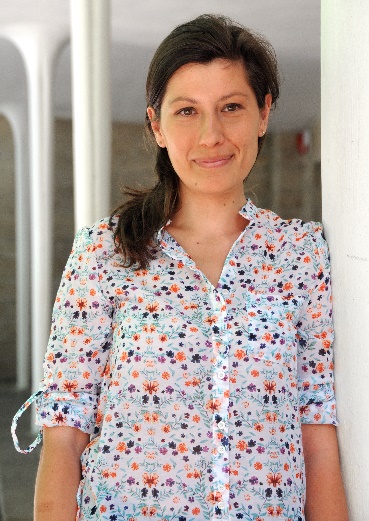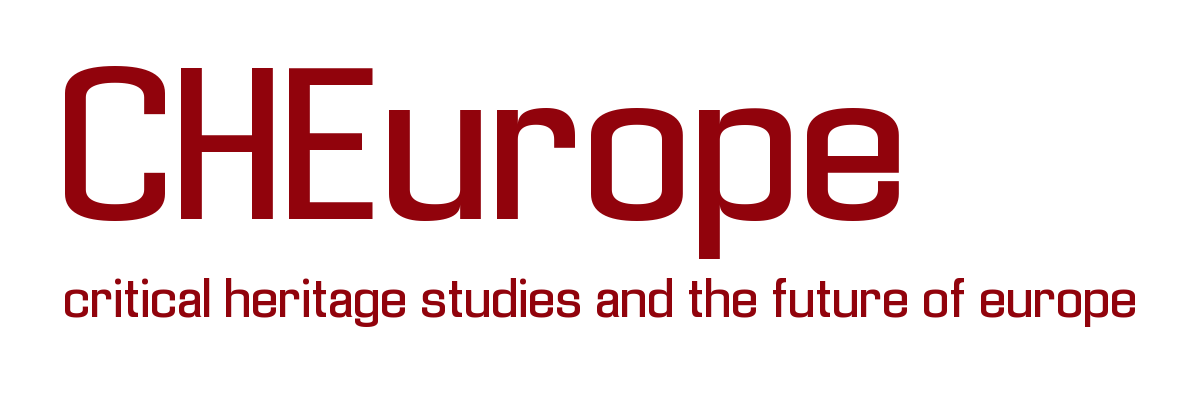NEVENA MARKOVIC

I have been always passionate about the Ancient World which, I believe, has shaped my educational and carrier path. As a secondary school student, attending philological Grammar school where classical and modern languages are studied, I made my first steps in research, within the three-year seminar in ethnology and cultural anthropology at the Petnica Science Center. Following my passion for classical languages, I studied the Classics at the Faculty of Philosophy, the University of Belgrade. Nevertheless, being engaged in environmental projects within The Young Researchers of Serbia, I become particularly interested in environmental studies, which resulted in BSc degree in Applied Ecology. That interdisciplinary base, somehow, naturally, led me to Erasmus Mundus Master Course in “Techniques, Heritage, Industrial Landscapes. History, Enhancement, Education – TPTI”, and Joint MA Degree from the University Paris 1 Panthéon-Sorbonne (France), the University of Évora (Portugal) and the University of Padua (Italy). My Master`s thesis, defended at University of Évora, discussed the Serbian war memory and (“hybrid”) heritage of The Great War`s “Blue tomb” at the islet of Vido and the Island of Corfu in Greece. Before entering the CHEurope, I started the Doctorate in Humanistic Studies (Mediterranean studies – Culture, Society and Politics), at the University of Rovira I Virgili in Tarragona (Spain). The above formal education has been complemented by non-formal and informal learning and experience, within several organisations, as a member of working groups (CEEweb CITES – Convention on International Trade of Endangered Species working group; CEHAPE – Children’s Environment and Health Action Plan for Europe WG etc.). Besides, I have been freelancing in cultural, creative and heritage sector, focusing on traditional crafts as (in)tangible heritage, Inclusive Art/Culture, Creative Entrepreneurship, local (sustainable) development etc.
My research interests span a wide range of topics in Cultural History, Heritology, Museology, Landscape Studies, Memoryscape, Comparative Linguistics and Underwater Archaeology.
Based at The Institute of Heritage Sciences – Incipit, in Santiago de Compostela, within the Specialty Geospatial Technologies, I am currently developing my PhD research within the ESR7 Project “Archiving Emotions: Mapping Heritage Emotionalscapes”, under the Doctoral Programme “Scientific Cross-Disciplinary Approaches to Heritage and Landscape” at The University of the Basque Country. My thesis, under the working title “From Participatory Research to (Critical) Emotional Cartography of Places and Memories. Mapping the “unseen”, as a part of Digital Heritage WP research line ”utilising the emotional cartography technique to think about how emotional responses to cultural heritage might be captured, represented and analysed”, aims to explore the impact of digital archives and cultural heritage on those engaged with it particularly in terms of their emotional response(s) and the expression(s) of individual and collective identities. Therefore, my main objective is to produce “Affective Heritage Maps” via “emotional cartography” techniques (mapping-out of emotional reactions to heritage/heritagization, conversion into standardized special language), based on data obtained mainly through qualitative methods (Participatory ethnographic study), analyse (Anthropology of emotions), interpret and test it in a specific focal landscape(s) – emotionalscape of Galicia and Serbia. This should allow me to read and rethink their (ʻemotionalʼ) memoryscape(s), languagescape(s), musicscape(s), or any other “scape”, and critically interpret the poetics of places and their memory/ies. As a secondary objective, I will attempt to illustrate the complexity of representing, reading, decoding and interpreting dynamic (in)tangible landscapes and its relation to the tangible fabric, focusing on the role of memory/ies. The main research questions focus not only on the contribution and relevance, but also the limitations of ʻemotional cartographyʼ as an experimental, participatory, reflexive/critical, (digital) heritage knowledge tool, in decoding “forgotten”, “unseen”, “repressed”, “invisible”, “absent” landscape and its heritage, as well as recovery/reconstruction of forgotten and/or repressed heritage elements as “living” and “present”, and reinforcement of new models for integrated heritage/landscape management and conservation, heritage socialization, social cohesion and knowledge transfer among different social actors.
Contact: nevena.markovic@incipit.csic.es
